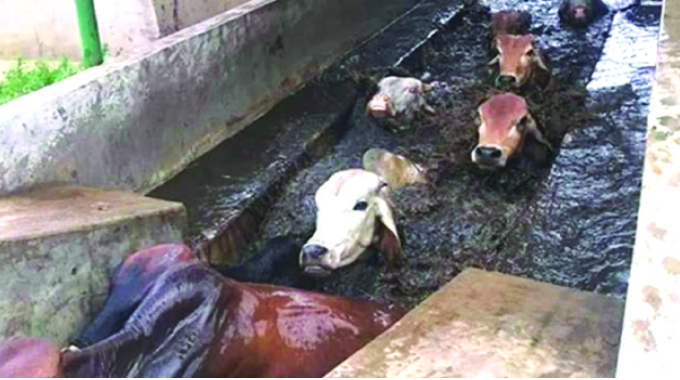Belt Road funds to aid road rehab

Walter Nyamukondiwa in BEIJING, China
Zimbabwe plans to tap into the Chinese global financing window of RMB 780 billion (US$107 billion) for the Belt and Road Initiative (BRI) to add impetus to the country’s infrastructure development drive and support economic growth, Transport and Infrastructural Development Minister Felix Mhona, has said.
In an interview at the BRF for International Cooperation on Wednesday, Minister Mhona said the BRI’s thrust dovetails with the Government’s drive for infrastructure development as contained in the National Development Strategy (NDS1).
“We are saying we also need to ride on the BRI as a country because we were not tapping into this,” Minister Mhona.
“That is why we are here so that the programmes of infrastructure development will progress, while we lessen the burden on Treasury and we are going to tap into this funding.
“We have heard that there is massive funding at this forum and we are going to pursue it as a ministry and I am happy that going forward, we will also be in a position to ride on that platform of BRI.”
Using local resources only limits the pace and scope of implementation of some projects in view of the bad state of infrastructure caused by years of neglect owing to sanctions.
About 90 000km of roads need rehabilitation while the growth of the mining sector requires revamping the national railway network.
“For many years, there was no infrastructure development in the country, the obvious reason being sanctions.
“We know that using our own resources we cannot do much because roads were dilapidated where we need to rehabilitate close to 90 000km that we need to rehabilitate. Tapping into concessionary funding will also be a major milestone for the country,” said Minister Mhona.
Most of the projects undertaken including the Robert Gabriel Mugabe International Airport, the new Parliament Building in Mount Hampden and Hwange Power Station upgrade, among others, were an offshoot of bilateral and fraternal relations between President Mnangagwa and President Xi Jinping.
President Mnangagwa’s engagement and reengagement policy, said Minister Mhona, had brought positive outcomes following years of isolation.
In his address at the BRF for International Cooperation, President Xi pledged China’s practical cooperation with its partners, supporting green development, technology transfer and capacity building among nations as part of his Eight Point Plan to guide China’s role under BRI in the next 10 years.
“The China Development Bank and the Export-Import Bank of China will each set up a RMB 350 billion financing window. An additional RMB 80 billion will be injected into the Silk Road Fund. Together, they will support BRI projects on the basis of market and business operation,” said President Xi.
China pledged to support 1 000 small-scale livelihood assistance projects and enhance vocational training through the Luban Workshops.
China would continue to deepen cooperation in green infrastructure, energy and transport.
Minister Mhona said with rapid growth in mining, agriculture and industry there was a need for mining firms to create rail conduit routes that feed into the main railway to ease the load of the road.
At least 950km of the country’s 2 700km railway network needs rehabilitation.
He said BRI would help Zimbabwe in road infrastructural development, rail refurbishment and rolling stock retooling, bulk freight, and passenger railway transportation solutions, including distributive centres, within the framework of inland terminals to integrate the marine systems in neighbouring coastal nations and dry inland continental networks.
It also includes airports construction, rehabilitation and expansion, and mass urban transport systems.
“These sectors present a platform for Zimbabwe to cooperate with China and the rest of the world, within the framework of BRI and FOCAC,” said Minister Mhona in his presentation at the High-level forum on connectivity of the 3rd BRF for International Cooperation.
He said BRI would support the Pan-African dream to integrate the African Continental Free Trade Area (ACFTA) with a single market of 1,3 billion people and a combined GDP of US$3,4 trillion through improved connectivity.










Comments